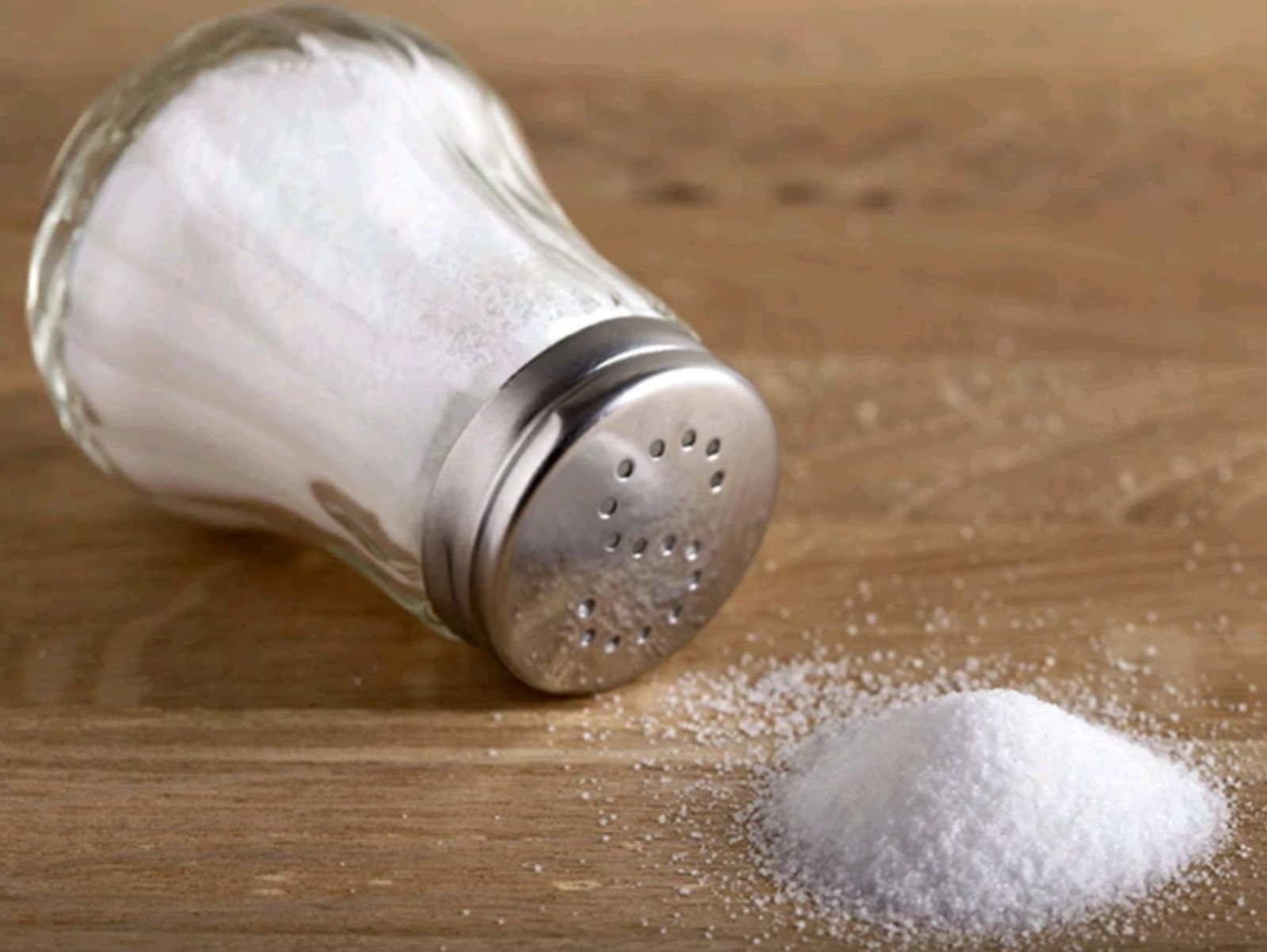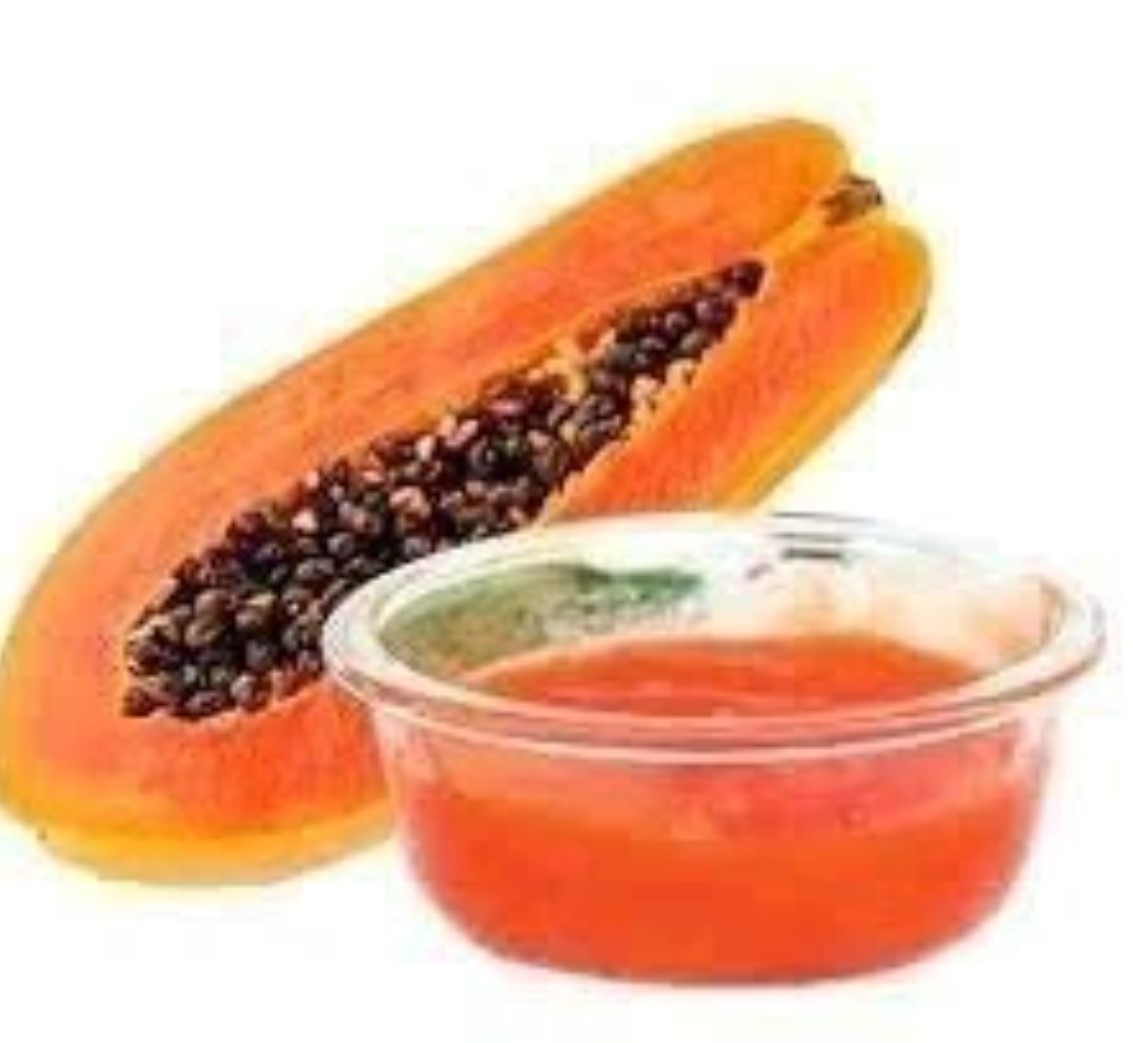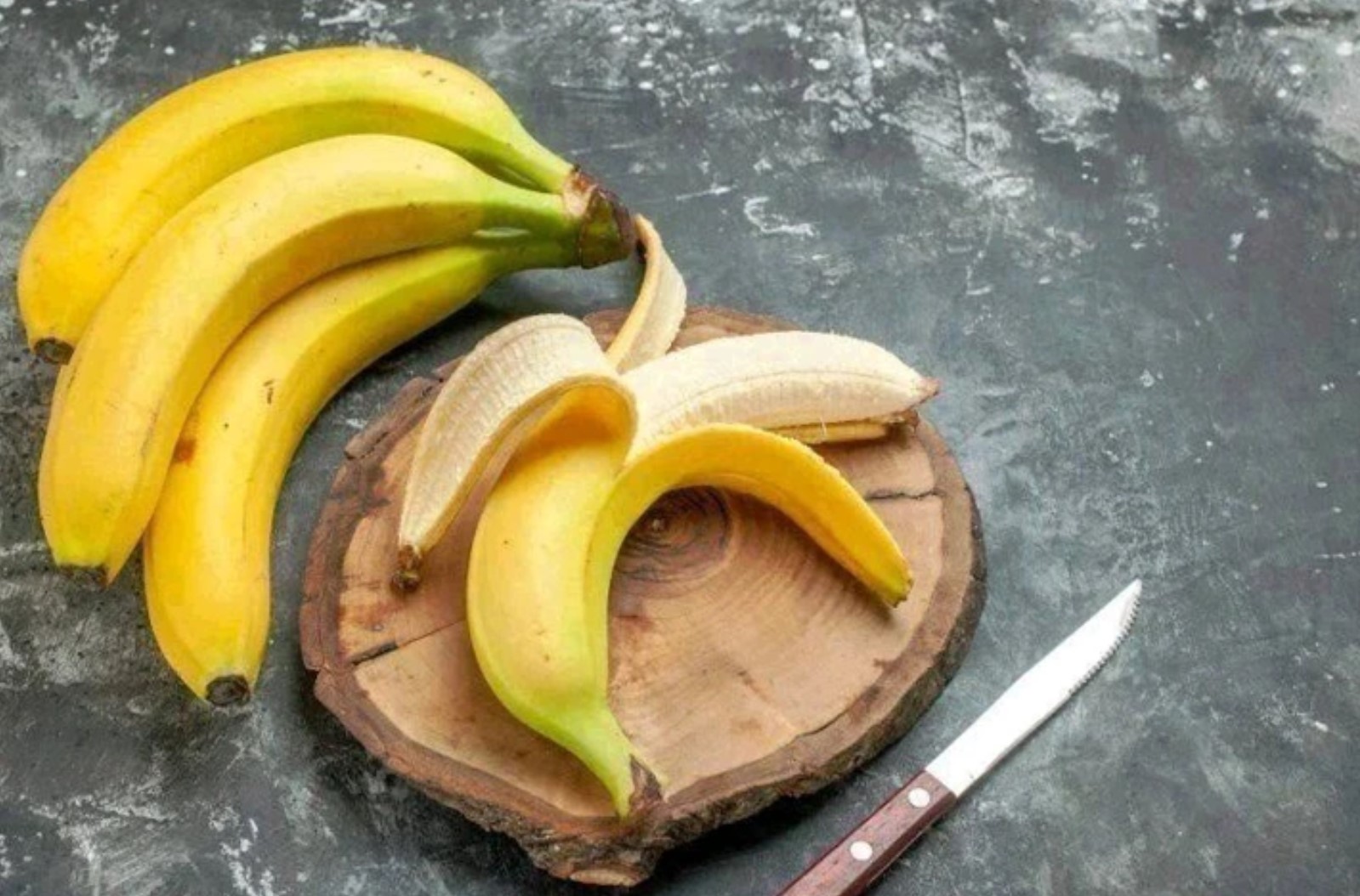HEALTH & LIFESTYLE
Causes of Virgina bad smell and how to get rid of it
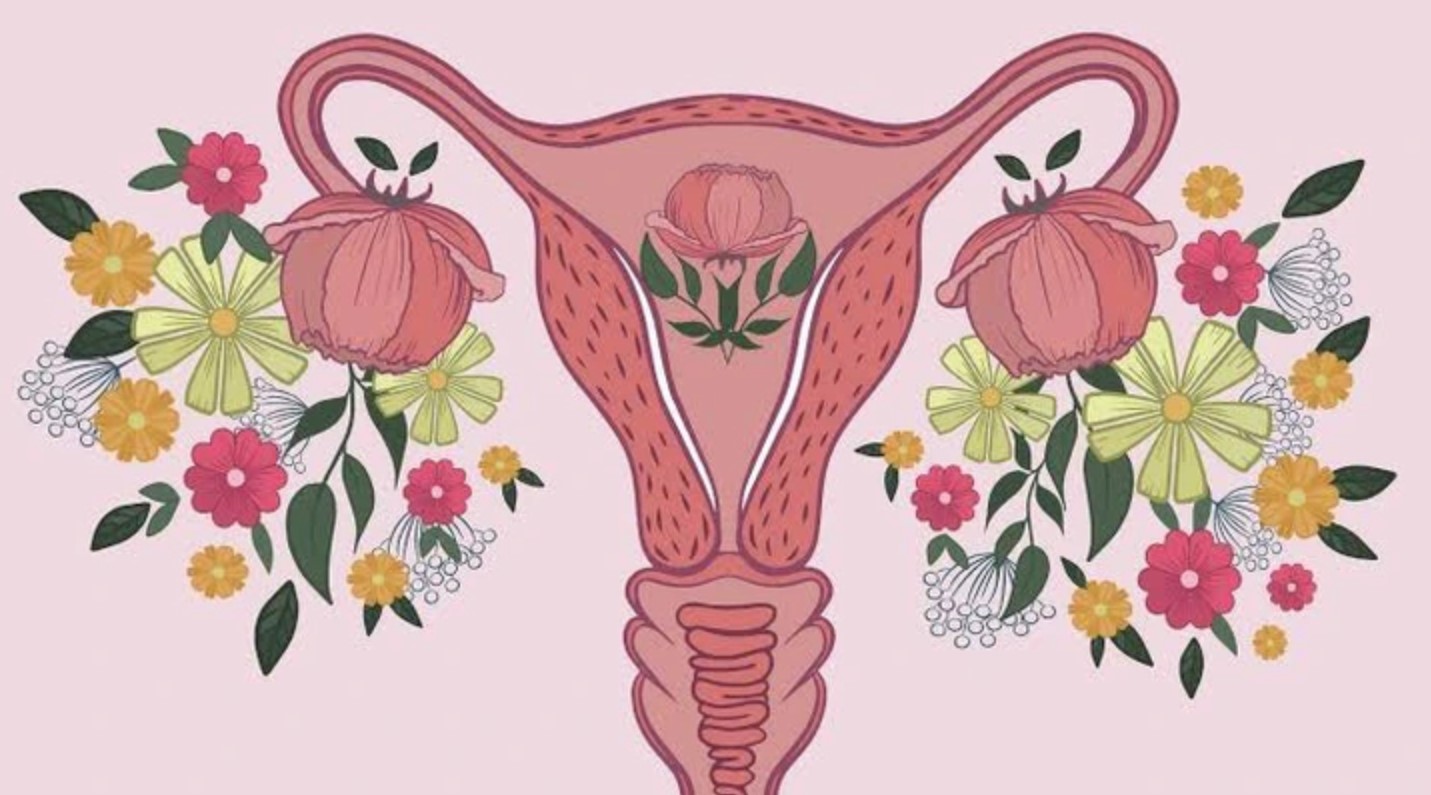
Continue Reading
HEALTH & LIFESTYLE
5 Secret Benefits Of Adding Salt To Bathing Water
HEALTH & LIFESTYLE
7 things that will make you look younger than your age
HEALTH & LIFESTYLE
What Happens When You Eat a Banana First Thing In The Morning?
-
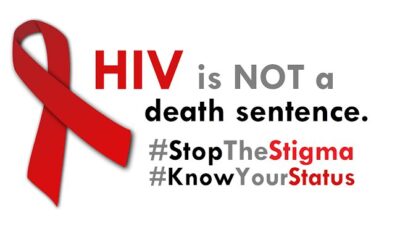
 HEALTH & LIFESTYLE10 months ago
HEALTH & LIFESTYLE10 months agoBeing HIV Positive Not Death Sentence — Discussants
-

 SPORTS11 months ago
SPORTS11 months agoSwitzerland Stuns Italy in Euro 2024 Round of 16: Ruben Vargas Shines with Assist and Goal
-

 METRO5 months ago
METRO5 months agoMom Gives Birth to Twins Then Doctors Realize One of Them Isn’t a Baby
-

 METRO9 months ago
METRO9 months agoDear men if you want to live long here is four (4) things you should learn and avoid about women
-

 HEALTH & LIFESTYLE10 months ago
HEALTH & LIFESTYLE10 months ago8 Animals That Kill Humans Without Any Physical Harm
-

 IN-THE-NEWS11 months ago
IN-THE-NEWS11 months agoCheck Out Who Is A Fool (II)
-

 METRO5 months ago
METRO5 months agoBiden Looks ROUGH During White House Christmas Tree Lighting Ceremony (VIDEO) –
-

 METRO9 months ago
METRO9 months agoAlone Black Girl Approaches Man and Says: “They Did This to All of US!”

